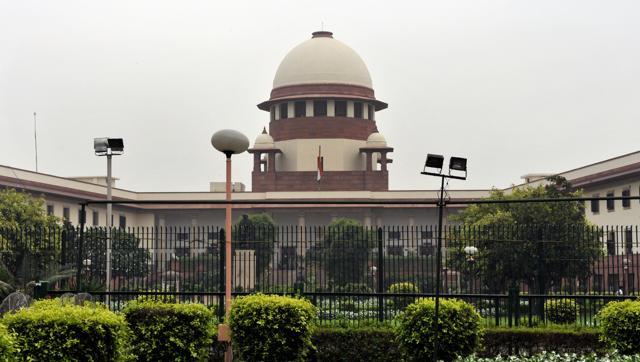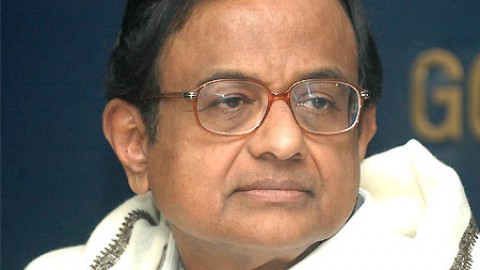According to Jamiat-Ulama-i-Hind the Muslim personal law is based on the Holy Quran and cannot scrutinised by the Supreme Court based on Indian Constitution.
“Mohammedan law is founded essentially on the Holy Quran and this cannot fall within the purview of the expression ‘laws in force’ as mentioned in Article 13 of the Constitution, and hence its validity cannot be tested on a challenge based on Part-III of the Constitution (guaranteeing fundamental rights, including right to equality),” the JUH application filed by advocate Ejaz Maqbool
The statement came after two-judge bench of Justices A R Dave and Adarsh Goel had asked to submit separate PIL to decide the rights of Muslim women against sudden divorce (triple talaq) and second marriage by Muslim men despite existence of their first marriage.
A Divison Bench consisting of Chief Justice T S Thakur and Justices A K Sikri and R Banumathi took up the PIL ‘Muslim Women’s Quest for Equality’ on Friday and agreed to make JUH a party to the proceedings. The court had issued notice to the attorney general and National Legal Services Authority. All India Muslim Personal Law Board is expected to urge to Apex Court to make it a party too in this case.
Referring Article 44, the JUH PIL said, “Article 44 envisaging UCC is only a directive principle and is not enforceable. This article by implication recognizes the existence of different codes applicable to different religions in matters of personal law and permits their continuance until the state succeeds in its endeavour to secure for all citizens a UCC.”
The case is bound to raise huge debate across the country and will force the ruling BJP-led government to clear its position in this vital issue. It will also a challenge to the so-called ‘secular’ parties to come out in public and clear their view on gender equality to Muslim women.
Tags: india Jamiat Jamiat-Ulama-i-Hind Muslim personal law Supreme Court








